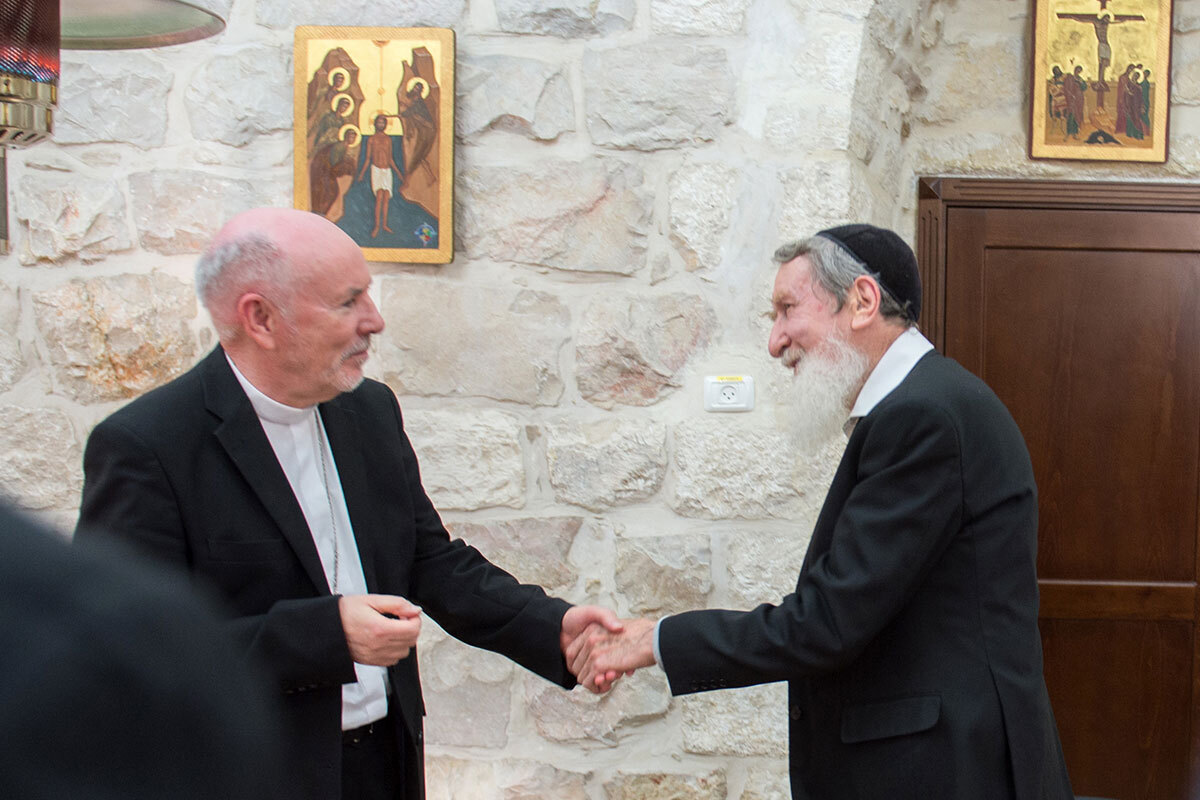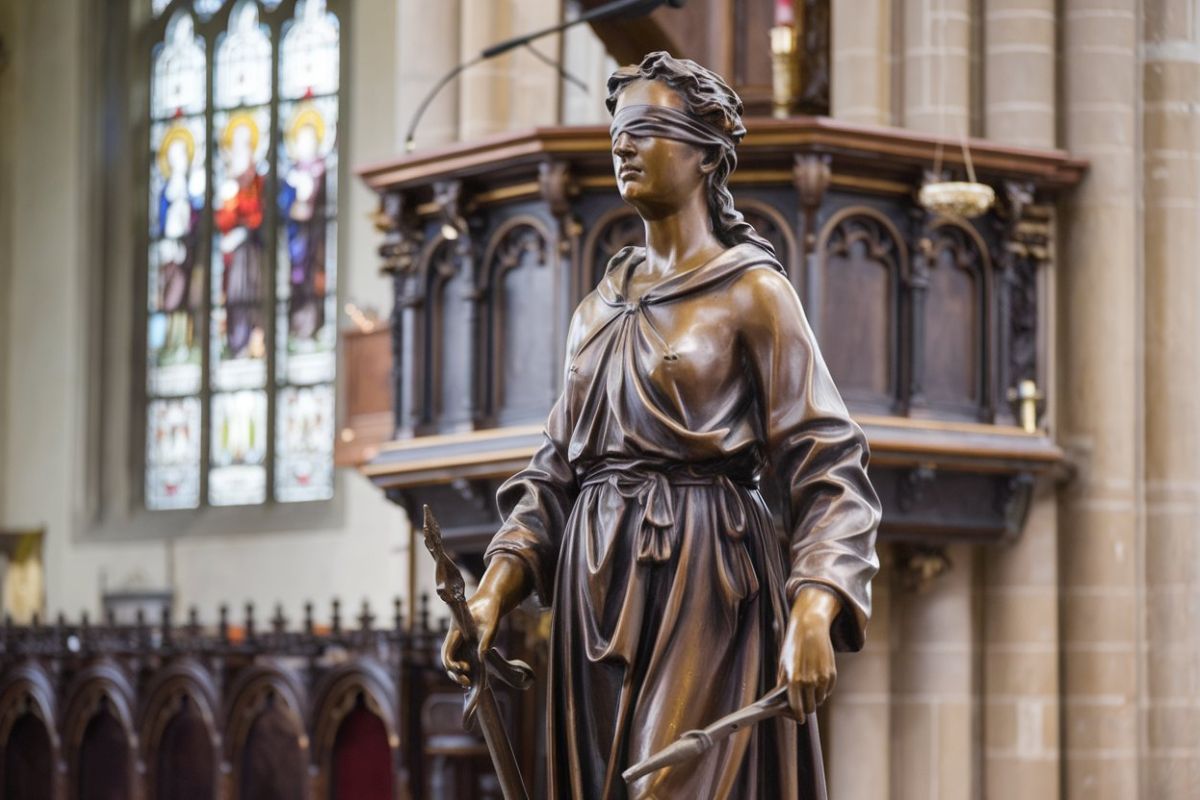
Who are Jewish Christians? Jewish Christians, also known as Messianic Jews or Hebrew Christians, are individuals who blend Jewish heritage with Christian faith. They believe Jesus of Nazareth is the Messiah prophesied in the Hebrew Bible. This unique identity is rooted in early Christianity, where the apostles, including Paul, were Jewish believers in Jesus. Jewish Christians often observe Jewish customs like dietary laws and Sabbath while incorporating Christian elements into their worship. They face complexities in their relationship with mainstream Judaism and Christianity, often engaging in interfaith dialogue and theological debates. Despite challenges, they maintain a strong cultural and religious identity.
Understanding Jewish Christians
Jewish Christians, also known as Messianic Jews or Hebrew Christians, hold a unique position at the intersection of Judaism and Christianity. Their beliefs and practices blend elements from both religions, creating a rich tapestry of faith and tradition. Here are 20 key facts to help you understand Jewish Christians better.
Historical Context
Jewish Christians have a deep historical background that dates back to the earliest days of Christianity.
-
Jewish Origins: The first followers of Jesus, including the apostles like Paul, were Jews who believed Jesus was the Messiah. They continued to observe Jewish customs and traditions while spreading the message of Jesus (Acts 2:42-47, 6:1-6).
-
Early Christian Community: The initial Christian community was predominantly Jewish. They maintained their Jewish identity while embracing the teachings of Jesus, creating a unique blend of beliefs and practices (Acts 2:42-47, 6:1-6).
Belief in Jesus as Messiah
The cornerstone of Jewish Christian faith is the belief that Jesus is the Messiah prophesied in the Hebrew Bible.
-
Messianic Prophecies: Jewish Christians interpret Old Testament prophecies, like Isaiah 53 and Psalm 22, as being fulfilled in Jesus' life, death, and resurrection (John 1:1-14, Romans 1:1-4).
-
New Testament Fulfillment: They see the New Testament as a continuation and fulfillment of the Hebrew Scriptures, with Jesus as the central figure (Romans 15:8-9, Hebrews 10:1-18).
Observance of Jewish Law
Many Jewish Christians continue to observe aspects of Jewish law, integrating them with their Christian faith.
-
Dietary Laws: Observing dietary laws (kashrut) is common among Jewish Christians, reflecting their commitment to Jewish traditions (Acts 21:20-26, Galatians 2:11-14).
-
Sabbath Observance: The Sabbath remains a significant day of rest and worship, blending Jewish customs with Christian elements (Acts 21:20-26, Galatians 2:11-14).
Synagogue Worship
Jewish Christians often worship in synagogues, incorporating elements of both Jewish and Christian traditions.
-
Hybrid Services: Their services may include traditional Jewish prayers and readings from the New Testament, creating a unique worship experience (Acts 13:14-16, 14:1-2).
-
Community Focus: Synagogue worship fosters a sense of community, allowing Jewish Christians to maintain their cultural identity while practicing their faith (Acts 13:14-16, 14:1-2).
Use of Hebrew Scriptures
The Hebrew Scriptures hold a place of high importance for Jewish Christians.
-
Authoritative Texts: They view the Hebrew Scriptures as authoritative and prophetic, interpreting them through the lens of their Christian faith (Romans 15:8-9, Hebrews 10:1-18).
-
Scriptural Study: Many engage in deep study of Hebrew, Aramaic, and Greek to better understand their scriptures and theological discussions (2 Timothy 2:15, 3:16-17).
Cultural Identity
Jewish Christians maintain a strong cultural identity tied to their Jewish heritage.
-
Jewish Holidays: Observing holidays like Passover and Yom Kippur is common, reflecting their deep connection to Jewish traditions (Exodus 12:1-28, Leviticus 16:1-34).
-
Cultural Practices: Participation in other cultural practices, such as traditional meals and festivals, helps preserve their Jewish identity (Exodus 12:1-28, Leviticus 16:1-34).
Anti-Semitism and Persecution
Jewish Christians have faced significant challenges from both Jewish and Christian communities.
-
Historical Persecution: Throughout history, they have experienced persecution and anti-Semitism, leading to a complex relationship with mainstream Judaism and Christianity (Acts 9:23-25, 2 Thessalonians 2:14-15).
-
Modern Challenges: Today, they continue to navigate these challenges, seeking acceptance and understanding within both religious communities (Acts 9:23-25, 2 Thessalonians 2:14-15).
Modern-Day Communities
Jewish Christians today form diverse communities around the world.
-
Global Presence: These communities vary widely in their practices and beliefs, reflecting the diversity within both Judaism and Christianity.
-
Community Structure: They often have a mix of traditional Jewish and Christian organizational structures, including synagogues with Christian elements (Acts 2:42-47, 1 Corinthians 14:26-40).
Theological Debates
Jewish Christians engage in ongoing theological debates about their faith.
-
Nature of Jesus: Debates about Jesus' divinity and humanity are common, mirroring those within mainstream Christianity (John 1:1-14, Colossians 1:15-20).
-
Scriptural Interpretation: They seek to integrate their Jewish heritage with their Christian faith, looking for connections between the Old and New Testaments (Romans 15:8-9, Hebrews 10:1-18).
Interfaith Dialogue
Jewish Christians often participate in interfaith dialogue to promote understanding.
-
Building Bridges: Engaging with both Jewish and Christian communities, they aim to foster respect and mutual understanding (Romans 11:11-24, 2 Corinthians 5:16-21).
-
Educational Efforts: Many place a high value on education and scholarship, studying ancient languages and scriptures to deepen their understanding and engage in theological discussions (2 Timothy 2:15, 3:16-17).
Understanding Jewish Christians
Jewish Christians, or Messianic Jews, blend Jewish heritage with belief in Jesus as the Messiah. Their roots trace back to the early days of Christianity, with apostles like Paul being Jewish. They observe Jewish laws, celebrate holidays like Passover, and worship in synagogues, often incorporating Christian elements. They value Hebrew Scriptures, seeing Jesus as the fulfillment of Old Testament prophecies. Despite facing persecution and controversies, they maintain a strong cultural identity and engage in interfaith dialogue. Modern communities vary widely, reflecting diverse practices and beliefs. Education and scholarship are highly valued, with many studying ancient languages to deepen their understanding. Leaders within the movement continue to shape its theology and practices. Jewish Christians play a unique role in bridging Judaism and Christianity, contributing to theological reflection and promoting mutual respect. Their journey highlights the rich tapestry of faith and identity.
Was this page helpful?
Our commitment to delivering trustworthy and engaging content is at the heart of what we do. Each fact on our site is contributed by real users like you, bringing a wealth of diverse insights and information. To ensure the highest standards of accuracy and reliability, our dedicated editors meticulously review each submission. This process guarantees that the facts we share are not only fascinating but also credible. Trust in our commitment to quality and authenticity as you explore and learn with us.


